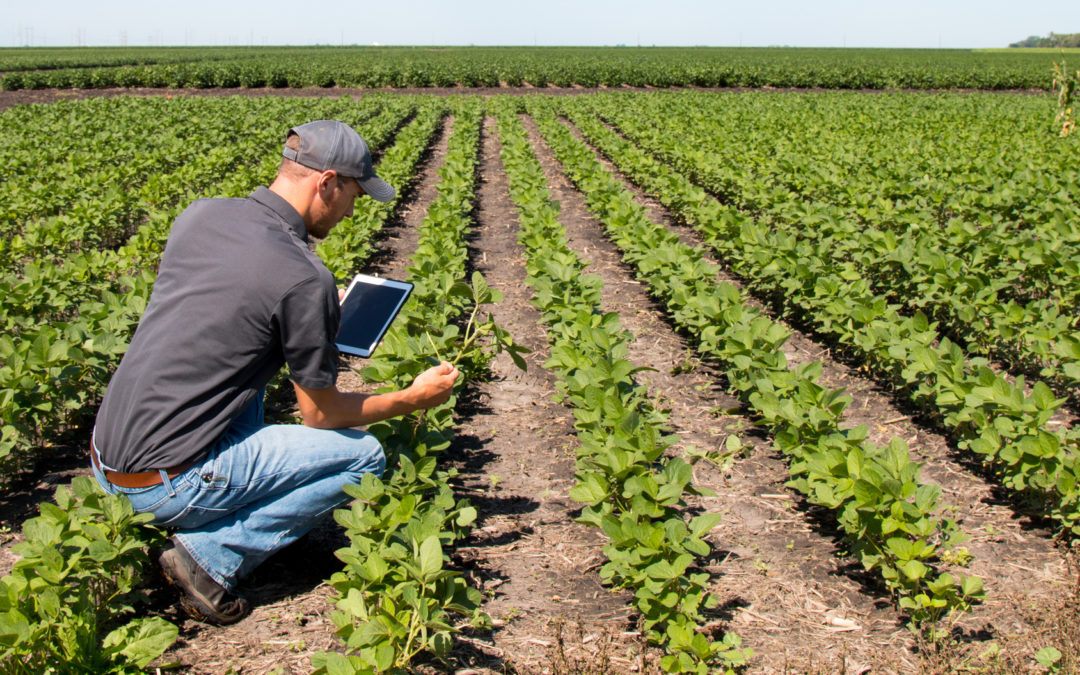Author J.D. Vance made the case for rural America in his 2016 book, “Hillbilly Elegy,” sparking a months-long debate about the role of city vs. country in our economy, our lifestyles and our politics that’s still ongoing.
We learned the full scope of that debate on Election Day.
But the fact remains, rural America is a key part of American society and of the nation’s economy, encompassing the vast majority of our landmass as well as millions of individual people. That role looks to only increase in the coming years.
Why? Because rural America remains primarily focused on one industry: agriculture. And that industry has been getting chopped to pieces in recent years.
Worldwide, farmers are planting more corn and wheat, creating price pressure that’s driving down commodity crop prices here in this country. This will most likely become a permanent trend. Technological advances are automating the field, allowing well-funded operators to leap ahead of their competitors, leaving those unable to afford these new technologies further and further behind.
But, despite all this, there is massiveopportunity in agricultureright now as well.
Consider the possibilities.
It’s no secret that many shoppers today prefer organic products—for a variety of reasons—and are willing to pay a premium for what they consider to be a premium product. OK, but when a shopper does that, they’re left with less money in their bank account to buy a car, or a house or any of the hundreds of other purchases that we all need to make in our lives. This is particularly acute among the organic-loving Millennial generation. So acute, in fact, that the Federal government has been researching new ways to reduce the cost of organics in order to cut the price premium that consumers have been paying, seeking parity with the rest of the market.
At iSelect, we’re investing in exactly this, supporting companies that are working to drive down the cost of organics while building out powerful new ag technologies.
One example is Kultevat, a company that’s working to create an industrial product, natural rubber, using an easily grown and plentiful strain of dandelions. By delivering a high-value crop to the farmer that’s not a low-priced commodity like corn or wheat, Kultevat is opening up a new income stream to struggling farmers, allowing them to shift from sugar beet farming, let’s say, to dandelions with significant upside. This would allow them to eventually grow and sell complimentary organics alongside at lower cost.
Benson Hill Biosystems is another example. By developing new seed technologies that increase yield and reduce drought loss, they are helping farmers realize savings right out in the field, further helping to reduce costs and overhead. Cheaper, higher quality organics will be the result.
In truth, we believe that agriculture is approaching its “1980” moment.
This is something we in the venture community speak about often, this tipping point when a product goes from a niche to the mainstream seemingly overnight.
In personal computers, this happened around 1980.Prior to that year, PCs were a proprietary product, developed, branded and supported by a small list of companies. When you bought a Wang computer, you ran Wang software on it and connected it to other Wang-branded hardware. That all changed with the creation of the PC platform around 1980 that allowed software and hardware from many different makers to work together. This opened the door to an entirely new industry—universal software—and made millionaires of a new generation of entrepreneurs. Few people saw this shift coming, but Microsoft and others did and were able to make billions.
That’s where we are right now in agriculture, and the opportunity is huge.
The news recently has been focused on infrastructure spending, and overseas trade and Apple’s struggles with potential new China policies. But the real problem facing this country today is creating a more diverse, inclusive U.S. economy.
The solution won’t only be coming from the software, manufacturing or healthcare industries. In fact, the transformation of agriculture into a 21st century economic force, led by agtech companies like Benson Hill and Kultevat, is already underway.
That’s why our attention right now—and our investment capital—is on rural America.

